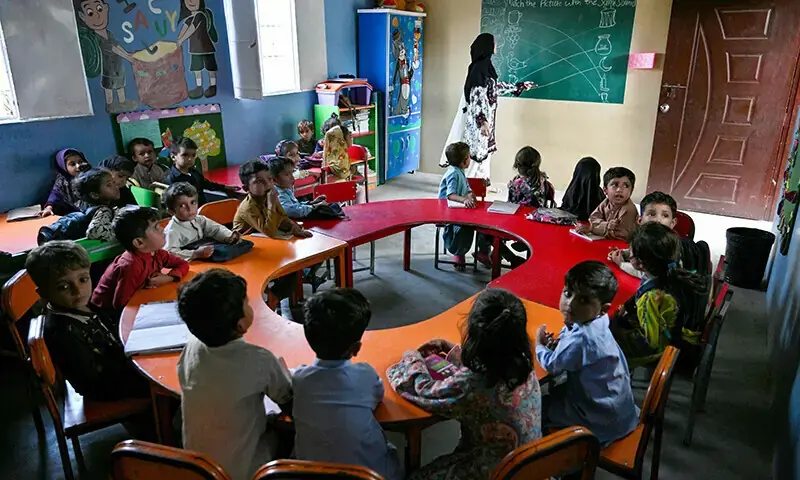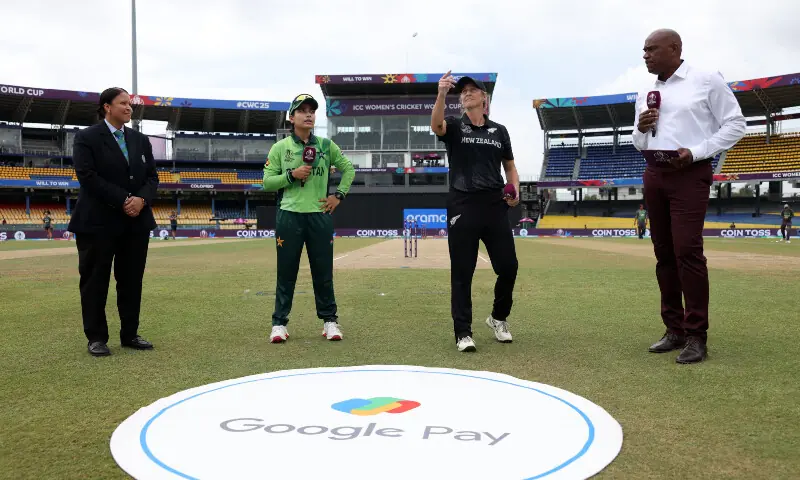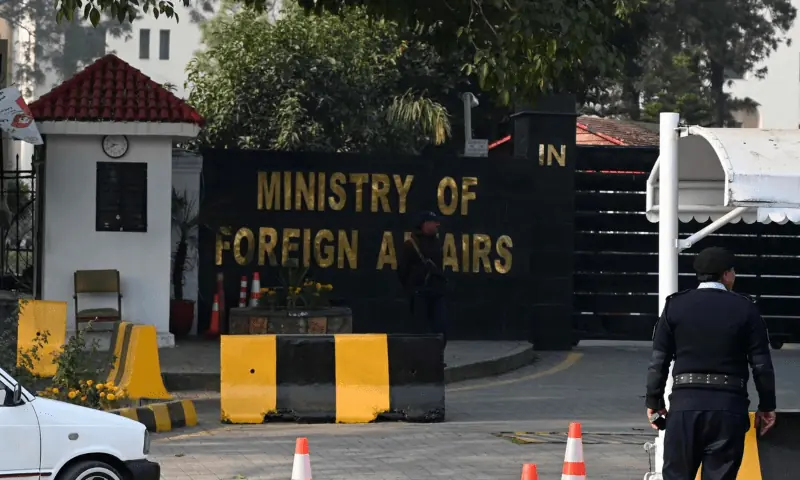Amid global cuts in education funds, the UN Children’s Agency (UNICEF) has projected that approximately six million additional children could be out of school worldwide at the end of 2026, with around one third of them in humanitarian environments.
The projection was carried out in a new analysis, according to a UNICEF press release issued on Wednesday, which said the official development assistance for education fell at $ 3.2 billion, a 24 percent drop of 2023, with only three donor governments that represent almost 80 percent of the cuts.
“Such decline would push the number of children outside the school worldwide 272 mA 278 m, the equivalent to emptying each primary school in Germany and Italy combined,” he added.
The press release quoted the Executive Director of UNICEF, Catherine Russell, saying: “Each cutting in dollars of education is not just a budgetary decision, it is a future of a child who hangs in balance.”
“Education, especially in emergency environments, often serves as a lifeguard, connecting children with essential services such as health, protection and nutrition. It also provides the strongest opportunity for a child to escape poverty and build a better life,” he said.
UNICEF’s analysis showed that Western and Central Africa face the “most acute impact, with 1.9 million children at risk of losing”, while the Middle East and North Africa could face “an increase of 1.4 million children out of school”, along with large setbacks in all other regions.
In addition, it was projected that 28 countries would lose at least a quarter of educational assistance for previous, primary and secondary education. “Among them, Ivory Coast and Mali face some of the biggest risks, with the registration at risk of decreasing by 4 percent, equivalent to 340,000 and 180,000 students, respectively,” said the press release.
The analysis concluded that primary education would be more affected, with funds established in a third, “deepen the learning crisis and put children affected at risk of losing approximately $ 164 billion in profits for life.”
In addition, he stressed that in humanitarian environments, “where education goes beyond learning, offering support to save lives, stability and a sense of normality for traumatized children, funds could fall sharply, in some cases, reducing the equivalent of at least 10 percent of the national education budget.
“For example, in the Response of Rohingya refugees in UNICEF, 350,000 children are at risk of losing access to basic education permanently. Without urgent funds, education centers can close, leaving children vulnerable to exploitation, child labor and trafficking.
“Essential services such as school feeding programs, sometimes the only nutritious food of a child of the day, could see reduced funds by more than half, while support for girls’ education will also decrease significantly,” reads the press release.
In addition, it was pointed out that “the wide cuts at the system will also undermine the ability of governments to make evidence -based plans, properly support the development of teachers and monitor learning results.”
This means that even children who remain in school could see their learning suffer, with at least 290 million students in all regions that are projected to face a decrease in the quality of education, according to the press release.
UNICEF urged donor and associated countries to “act now to protect education by re -assembling educational assistance to be more equitable and effective with a minimum of 50 percent aimed at less developed countries; safeguarding humanitarian financing from education and prioritizing education as a life intervention together with other essential services; focusing educational assistance in fundamental learning, concentrating on early childhood and primary education where returns are most important returns; simplifying global services in the architecture of the architecture of architecture.
“Investing in Early Childhood Education is one of the best investments in the future, for all,” said Press Russell statement. “Countries are doing better when their children are educated and healthy, and contributes to a more stable and prosperous world.”








